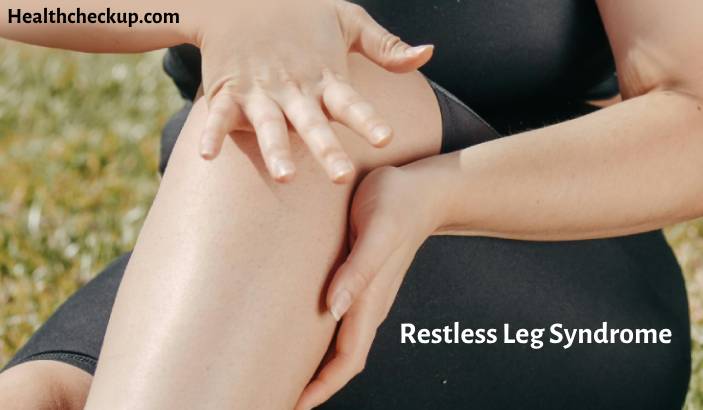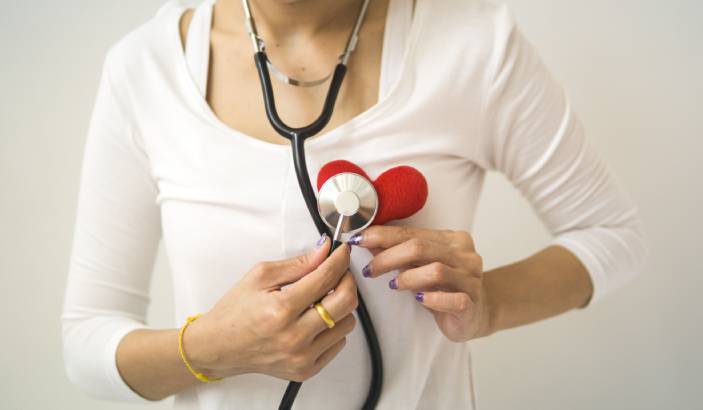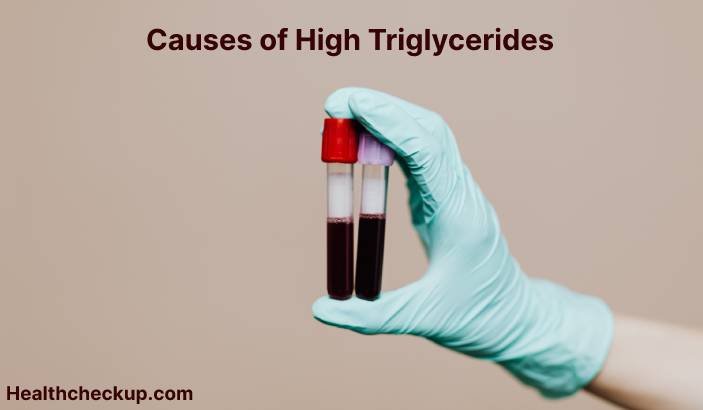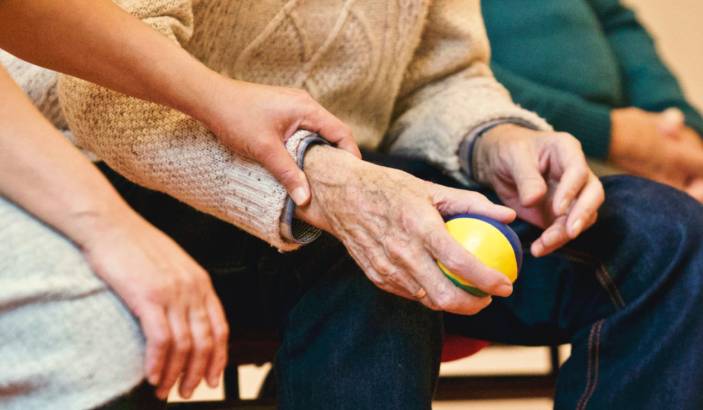Although they’re very tiny germs viruses can be quite dangerous and cause a wide range of infections and diseases. One of those infections is yellow fever. In this post, you’re going to learn about yellow fever, how to recognize its symptoms, whether it’s conditions, and more.
What is Yellow Fever?
Yellow fever is a viral infection spread by infected Aedes aegypty and Haemagogus mosquitoes. The main cause of yellow fever is flavivirus or yellow fever virus and it is particularly common in sub-Saharan Africa and South America.
The highest risk for developing yellowing fever is among people who work or live in the jungles of subtropical regions. Tourists who travel to countries exposed to yellow fever are also at risk of developing this viral disease.
Each year around 200,000 people in the world develop yellow fever. Around 30,000 people die from yellow fever, mostly in Africa.
Signs and Symptoms of Yellow Fever
Symptoms of yellow fever appear three to six days after the exposure. Yellow fever develops in three stages:
- Stage 1 (infection): acute phase of yellow fever, which lasts three to four days.
- Stage 2 (remission): most patients usually recover at this point, but sometimes symptoms of yellow fever may worsen in 24 hours.
- Stage 3 (intoxication): in some cases, the patients may develop severe symptoms such as problems with the heart, liver, and kidneys.
Generally speaking, symptoms of yellow fever include:
- Fever
- Headache
- Joint and muscle aches
- Nausea and vomiting (sometimes blood)
- Loss of appetite
- Jaundice
- Reduced urination
- Redness in eyes, face, and tongue
- Arrhythmia (irregular heartbeat)
- Delirium
- Hemorrhage (bleeding)
- Seizures
- Coma
- Kidney failure
- Liver failure
According to the WHO, half of the patients who enter a toxic (severe) phase of yellow fever die within seven to 10 days.
Will Yellow Fever Spread and Is It Contagious?
Mosquitoes spread yellow fever through their bites. The infectious disease can affect humans and monkeys. When a mosquito bites a monkey with a fever, they can transmit the infection to humans. As a result, outbreak may occur. One person can’t spread yellow fever to other people.
It’s important to remember that mosquitoes generally breed in tropical, humid, and semi-humid environments. They’re particularly active around still waters. Increased contact between mosquitoes and humans can lead to a small-scale epidemic, especially when people aren’t vaccinated.
How Can I Prevent Yellow Fever?
The best way to prevent yellow fever is to get vaccinated 10 to 14 days before traveling. In fact, some countries deny entry to all tourists who don’t get vaccinated against yellow fever. Besides vaccination, these tips can also help prevent or lower the risk of this infectious disease:
- Use mosquito repellents with DEET
- Wear loose-fitting clothes that cover your body completely
- Sleep in screened housing or use a mosquito net
- Avoid being outside when the mosquitoes are most active (some species of yellow fever-causing mosquitoes are active during daytime).
Treatment
There is no treatment for yellow fever. For that reason, it’s crucial to get vaccinated to lower the risk of infection. If you are diagnosed with yellow fever, the doctor may recommend drinking plenty of fluids or getting some rest. Pain relievers can alleviate pain, but make sure to avoid medications that cause bleeding (non-steroidal anti-inflammatory drugs (NSAIDs) or Aspirin). Acetaminophen (paracetamol) is helpful for fever and pain. You may be hospitalized if your symptoms worsen and become severe.
People with yellow fever should be protected against further mosquito bites for five days after the onset of fever to prevent infecting healthy mosquitoes and thereby help break the transmission cycle. Recovery from yellow fever may involve long-lasting immunity.
Conclusion
Yellow fever is a viral infection caused by a bite of an infected mosquito. The illness is preventable with vaccination, which is particularly important for travelers to Africa and South America. Make sure to wear clothes that are loose and protect your body against mosquitoes and don’t forget about mosquito repellents.
Doctor, author and fitness enthusiast, Ahmed Zayed, MD, is a surgery resident with a passion for helping people live a happy healthy life. He is the author of numerous health-related books and contributor to several medicine, health and wellbeing websites.








